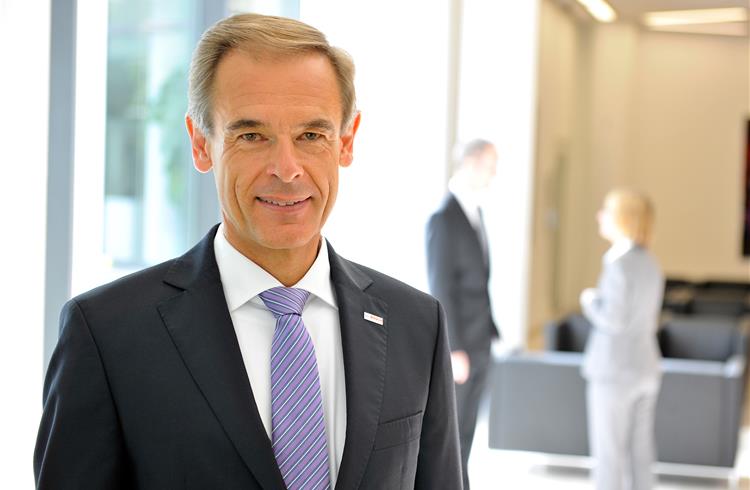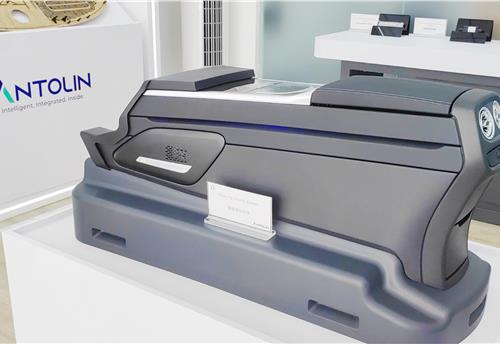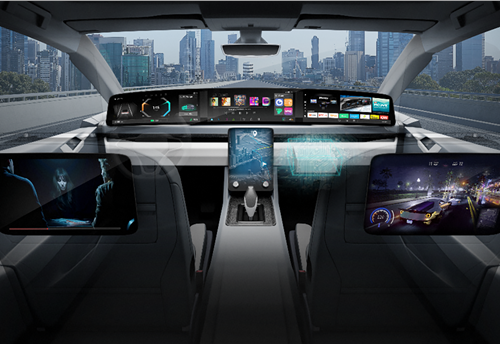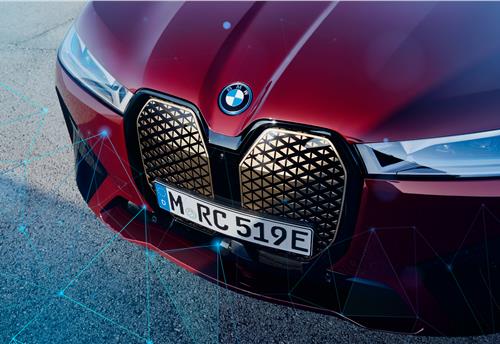Bosch CEO pushes for connected cars
Connecting vehicles to the internet makes them safer, more fun to drive, and reduces fuel consumption.
Connecting vehicles to the internet makes them safer, more fun to drive, and reduces fuel consumption. That is the crux of the message Dr. Volkmar Denner, chairman of the Bosch board of management, had in this address , at the 17th Technical Congress of the German Association of the Automotive Industry (VDA) in Filderstadt, Germany, yesterday.
“Connectivity makes cars more efficient,” said Dr Denner. As an example of this, he pointed to the connected electronic horizon. In the future, this Bosch technology will provide real-time information about mobile construction zones, traffic jams, and accidents. On this basis, further improvements to existing functions such as start-stop coasting will be possible. At the same time, it will enable a predictive operating strategy for plug-in hybrids. Technologies such as this reduce CO2emissions by up to 10 percent or more. “These efficiency-enhancing measures should be recognized as ‘eco-innovations’ by the EU,” said Dr Denner.
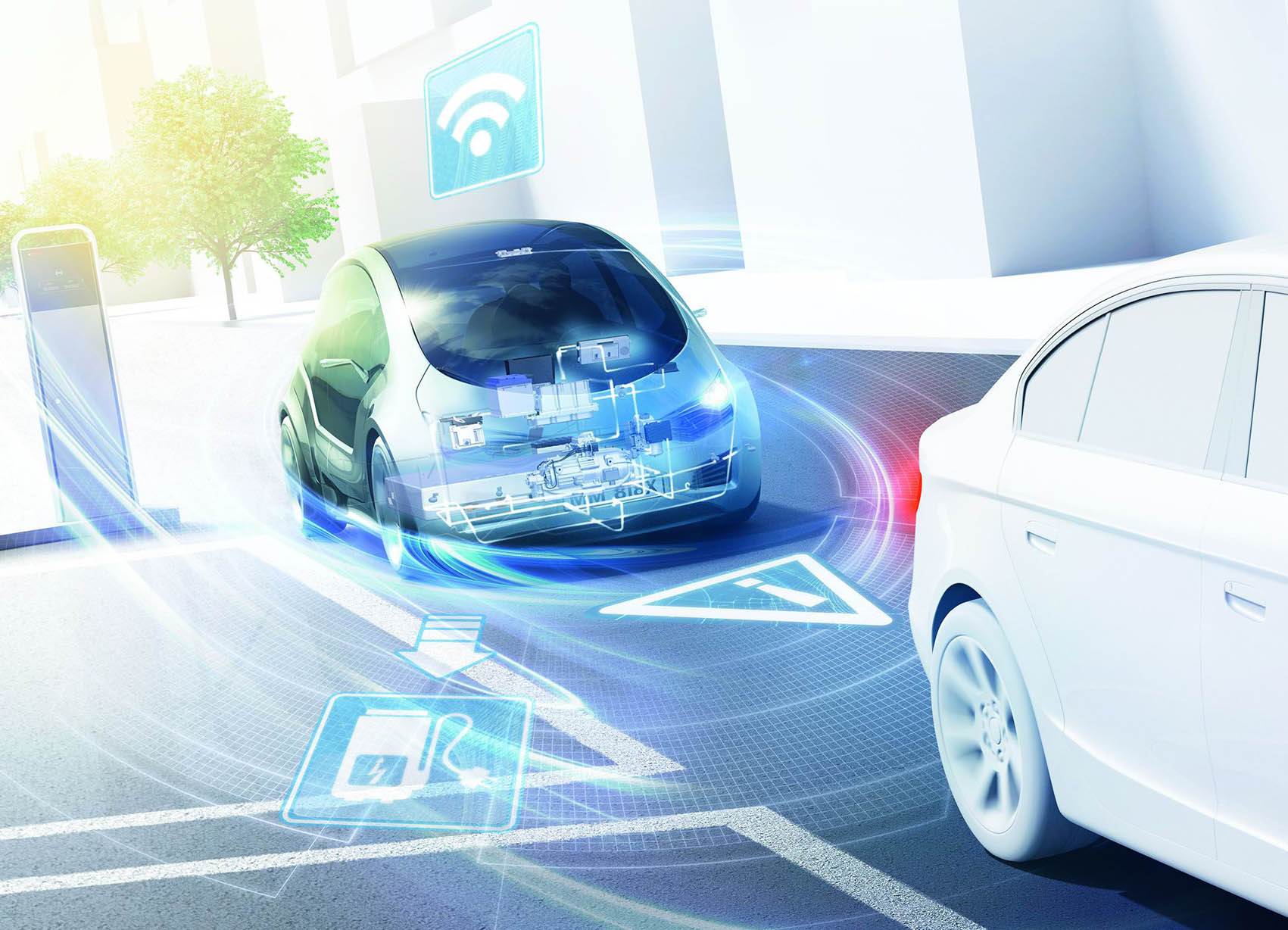
“A connected car drives more proactively than any person”
The reductions to consumption brought by start-stop coasting and an optimum operating strategy are most noticeable in real traffic conditions. In the New European Driving Cycle (NEDC), however, they have no effect.
“A connected car drives more proactively than any person,” Dr Denner said. Using up-to-date maps, cars can precisely calculate their remaining range in addition to the most efficient route. At the same time, intelligent connectivity increases the suitability of electrified vehicles for everyday use. “In only 10 years, more than 15 percent of new vehicles worldwide will be electrified,” he added. Of these, more than 13 million new vehicles will be able to run on electricity alone, at least in urban traffic. To further increase the electric range of hybrids and electric cars, Bosch is working on improving electronic battery management. This can increase the electric range of a car by up to an additional 10 percent and give electromobility a further boost.
Eco-innovations can help meet EU fleet targets
Technically-sophisticated components make vehicles more economical and efficient, allowing them to meet the strict CO2 targets set by the European Commission. European regulations stipulate that in 2021, new vehicles will be allowed to emit an average of only 95 grams of CO2 per kilometre. This corresponds to just over four litres of fuel consumed per hundred kilometres.
In 2013, new vehicles emitted an average of 132.9 grams of CO2 per kilometre. The EU recognizes especially environmentally-friendly technologies as ‘eco-innovations’. Automakers can use these as CO2 credits to reduce their fleet consumption levels. The maximum possible credit is 7 grams per kilometre.
RELATED ARTICLES
Antolin unveils sustainable tech solutions at Beijing Motor Show
In line with its China market roadmap, Antolin is showcasing its latest advances in lighting, HMI, electronics, and sust...
Visteon wins $1.4 billion in new business in Q1 2024, launches 26 new products
Digitisation of vehicle cockpit megatrend is a key growth driver for Visteon with over $400 million of displays wins; Vi...
BMW uses Catena-X ecosystem using real-world CO2 data to enhance quality
Working together with partners and suppliers, the company has modelled a complete data chain for the first time using re...





 By Autocar Pro News Desk
By Autocar Pro News Desk
 19 Mar 2015
19 Mar 2015
 7180 Views
7180 Views



